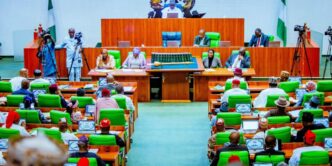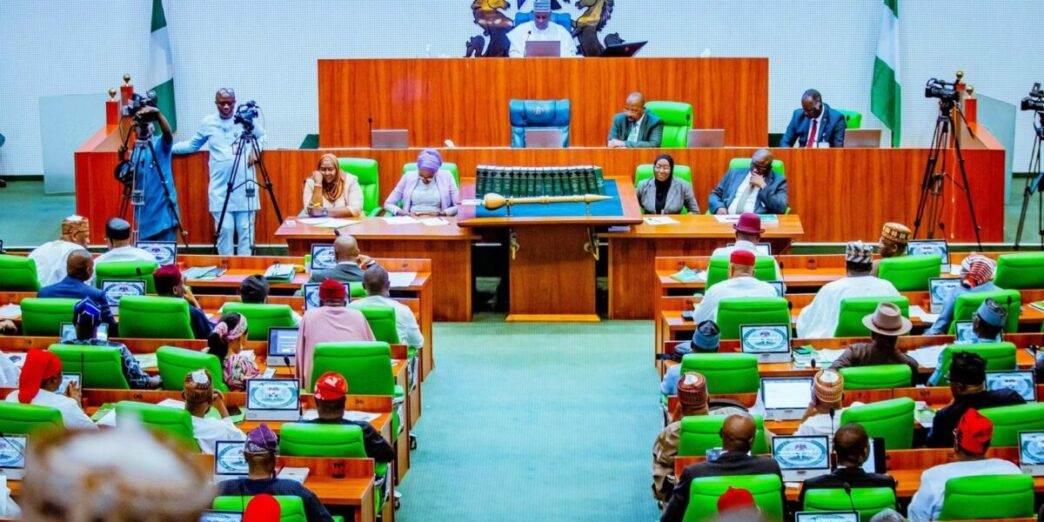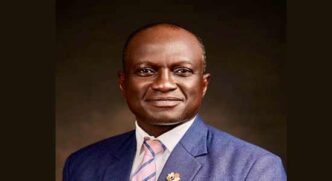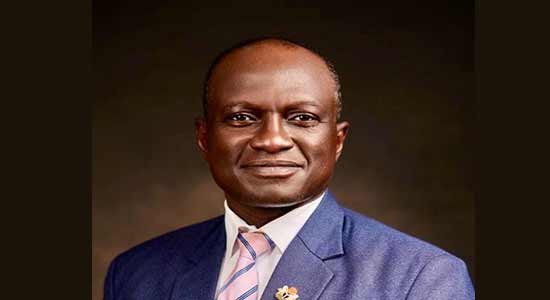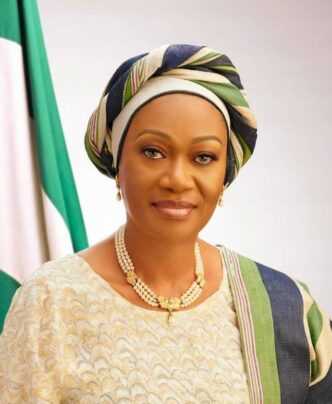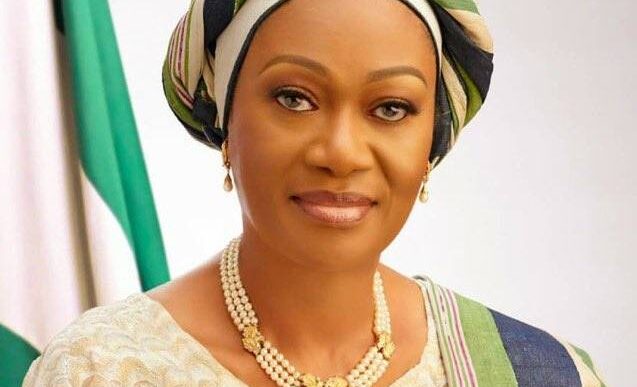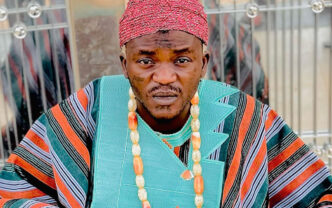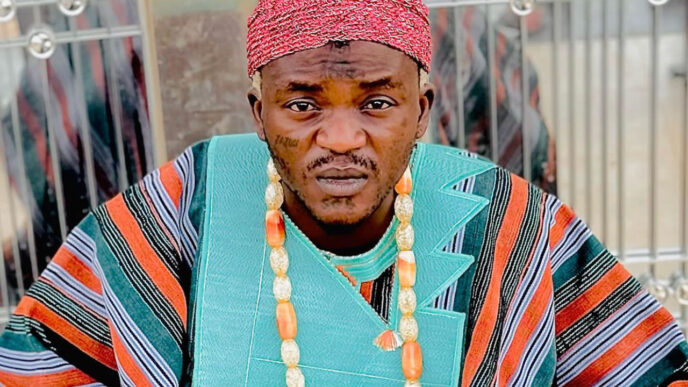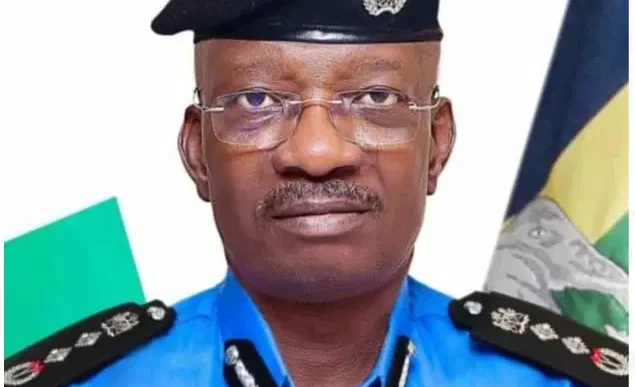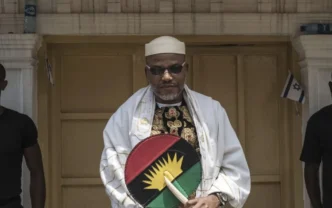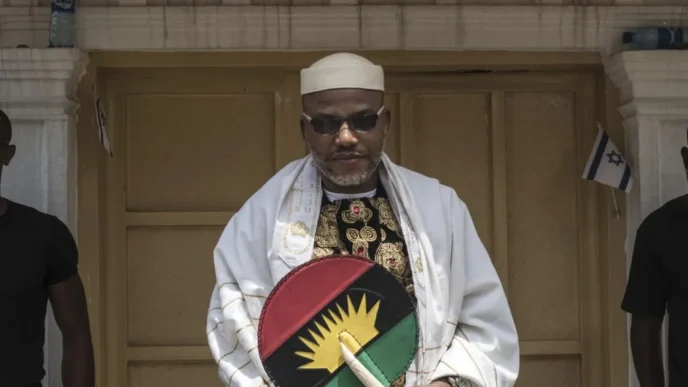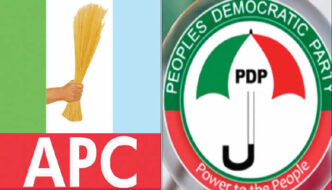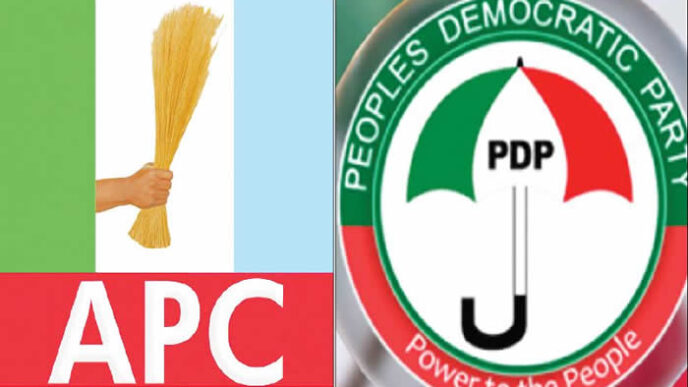The House of Representatives Constitution Review Committee has proposed the creation of 31 additional states in Nigeria, a move that has triggered nationwide reactions.
Deputy Speaker Benjamin Kalu announced the proposal during Thursday’s plenary in the absence of Speaker Tajudeen Abbas.
According to the committee, chaired by Kalu, the proposed states will be distributed across all geopolitical zones, aiming to enhance governance and representation.
However, the idea has sparked controversy, with groups such as Afenifere and the Arewa Consultative Forum opposing it, citing economic and administrative concerns.
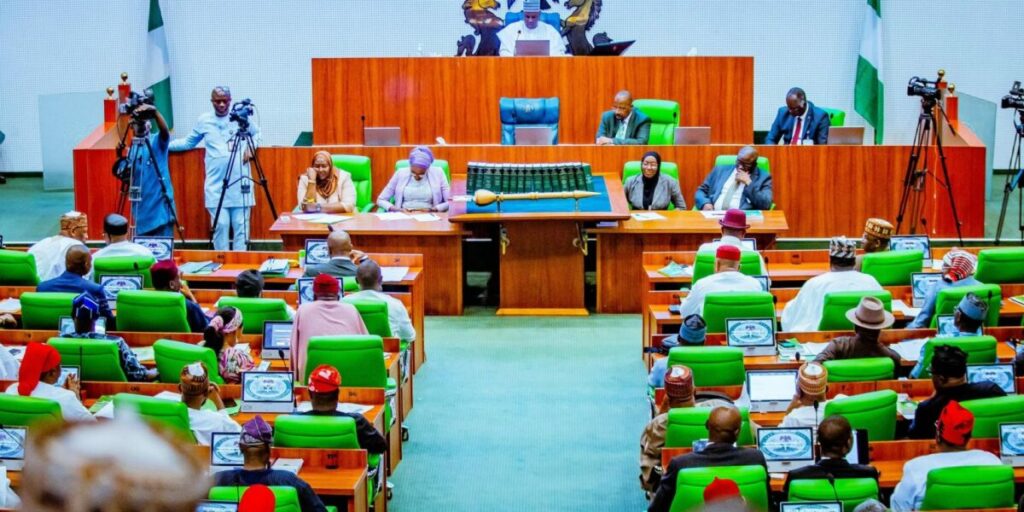
“Even from the proposal, the South-East is shortchanged with a shortfall of four states compared to North-West and South-West,” said former lawmaker Barth Nnanna, emphasizing that regional governance reforms should take precedence over additional states.
Meanwhile, the Middle Belt Forum and Ohanaeze Ndigbo have welcomed the proposal, arguing that it will address historical imbalances and enhance political inclusion.
However, skepticism remains, as former lawmakers and political analysts question the economic viability of adding more states.
“Most of the existing 36 states are not viable and depend on federal allocations for survival,” Nnanna added, stressing that balancing the number of states among geopolitical zones should be prioritized first.
Former Minister of Special Duties, Tanimu Turaki, described the proposal as “insane,” questioning the financial feasibility of establishing new states.
Similarly, former INEC Federal Commissioner Prof. Lai Olurode warned that “multiplying the number of states without addressing governance issues will not solve Nigeria’s problems.”
On the other hand, some political figures believe the move could boost development.
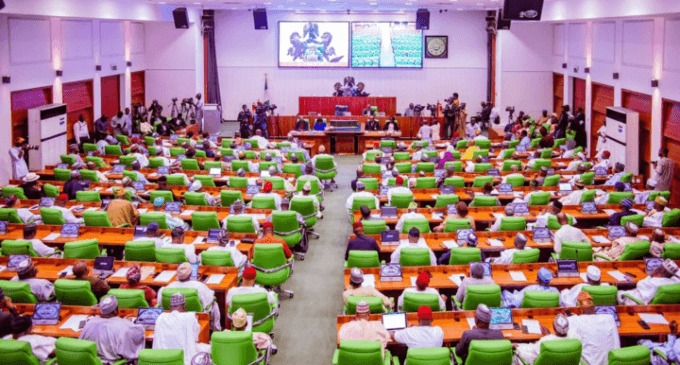
Markson Fefegha, a former commissioner in Bayelsa State, expressed optimism, stating that the proposal would “lead to more state capitals, local government areas, and constituencies,” which could enhance governance and economic activities.
However, former lawmaker Ogbona Nwuke pointed out that “state creation has never been handled by any civilian administration in Nigeria,” casting doubt on its feasibility.
He further argued that state governors might not support the plan, as it would redistribute federal resources.
“It is very clear that state creation will not be possible without the support of the governors,” Nwuke noted.
The debate over state creation continues, with the proposal expected to undergo public scrutiny before any final decision is made.
While supporters believe it will improve governance and equity, critics argue that financial constraints and administrative challenges make it unrealistic.
As discussions progress, Nigerians await further clarity on how the additional states will be distributed and whether the move will genuinely address existing governance concerns.
